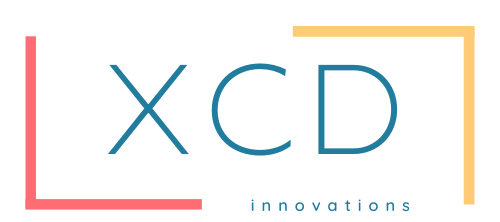In the evolving landscape of healthcare, data is one of the most valuable assets. With the increasing digitization of medical records, diagnostic images, and clinical notes, vast amounts of data are being generated daily. However, uncovering meaningful insights from this information requires advanced tools and skills beyond traditional analytics approaches. This is where machine learning especially artificial intelligence (AI) is making a transformative impact by unlocking hidden patterns in healthcare data.
The Power of AI in Healthcare Data Analysis
AI, particularly machine learning and deep learning, enables healthcare professionals to analyze large datasets with unprecedented accuracy and efficiency. By leveraging sophisticated algorithms, AI can identify trends, correlations, and anomalies in data that might go unnoticed by human analysts and at a faster speed too. These insights help to achieve:
Early Disease Detection and Diagnosis
One of AI’s most significant contributions to healthcare is in early disease detection. Machine learning models can recognize subtle patterns indicative of diseases such as cancer, cardiovascular conditions, and neurological disorders. For instance, AI-powered imaging analysis can detect tumors in radiology scans with high precision, often before they become visible to the human eye.
Personalized Medicine and Treatment Plans
AI is revolutionizing personalized medicine by tailoring treatments to individual patients based on genetic, lifestyle, and medical history data. By analyzing vast datasets, AI can predict how a patient will respond to a specific treatment, helping doctors make informed decisions and improving patient outcomes. This approach minimizes trial-and-error treatments and enhances overall healthcare efficiency.
Predictive Analytics for Preventive Care
AI-powered predictive analytics can help healthcare processionals to assess patient risk factors and predict potential health issues improving early case detection. By analyzing data from wearable devices, electronic health records, and patient-reported information, AI solutions can alert healthcare providers to early warning signs of conditions like diabetes, hypertension, or mental health disorders, enabling timely interventions.
Improving Operational Efficiency in Healthcare Facilities
Beyond clinical applications, AI is optimizing hospital operations by streamlining administrative tasks, reducing wait times, and enhancing resource allocation. Chatbots powered by natural language processing (NLP) assist with patient inquiries, while AI-driven scheduling systems improve appointment management. These advancements free up medical professionals to focus more on patient care.
Challenges and Future Prospects
While AI holds immense potential in healthcare, challenges such as data privacy, regulatory compliance, high learning curve, resources and the need for high-quality training datasets must be addressed. Ensuring transparency and explainability in AI-driven decisions is also crucial to gaining trust from medical professionals and patients be ensure proper change management and aid adoption of AI solutions.
Despite these challenges, the future of AI in healthcare is promising. As technology continues to evolve, AI-driven solutions will become even more sophisticated, leading to improved patient outcomes, reduced healthcare costs, and a more efficient medical ecosystem.
Conclusion
AI is transforming healthcare by unlocking hidden patterns in vast datasets, leading to early disease detection, personalized treatments, and optimized hospital operations. As companies like X-CDi continue to innovate in AI-powered healthcare solutions, the industry is poised for groundbreaking advancements that will shape the future of medicine. Embracing AI-driven insights will be key to building a smarter and more efficient healthcare system.
